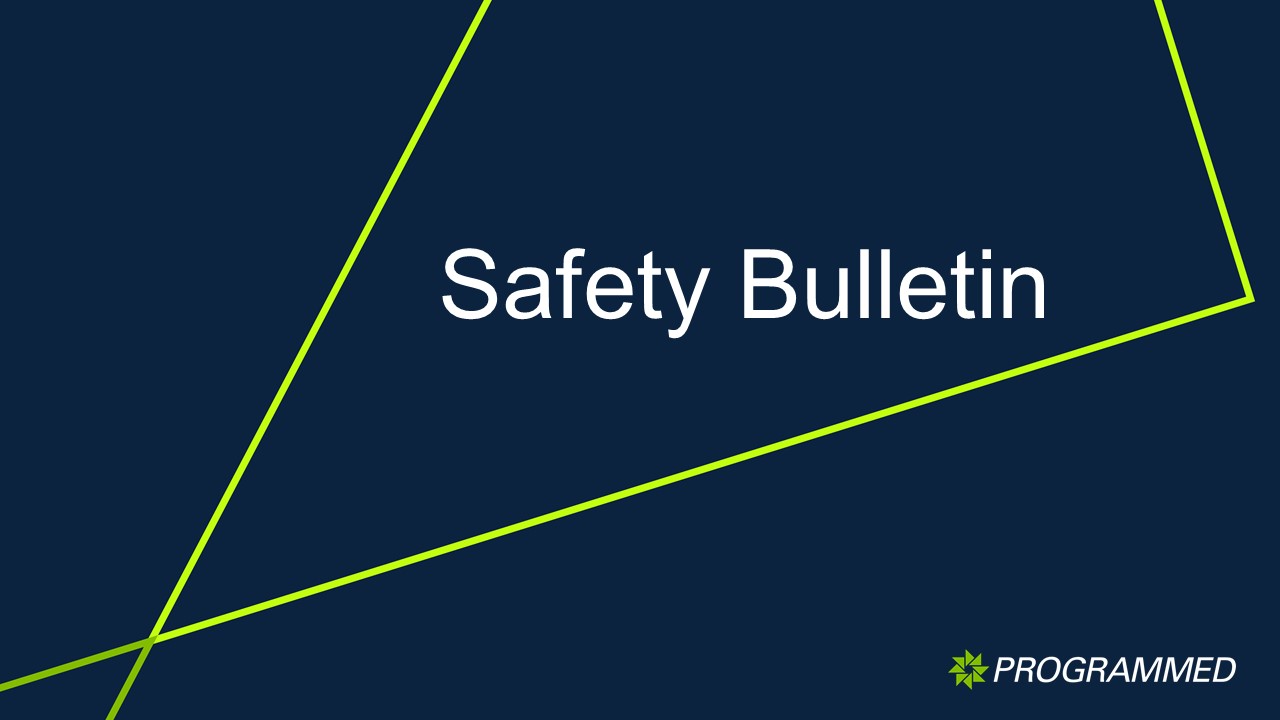
One of the good things that has come out of the Covid pandemic, is greater awareness about what can be done to minimise the spread of infectious diseases. As we come into winter, Covid is still circulating in the community and we now face the additional risk of colds and flu. The precautions we have been taking for Covid will also help to reduce the spread of colds and flu this winter.
Did you know?
In 2020 just as the COVID-19 pandemic began sweeping across the world — the flu disappeared. What had been a fairly serious flu season in the northern hemisphere ended abruptly, while the southern hemisphere season, which usually ramps up as the northern one winds down, never really got going. This proves that the precautions being taken around the world for Covid were also effective in stopping flu.
What can we do to stop the spread of colds/flu?
- Stay home if we’re unwell.
- Wear a mask indoors or wherever you can’t physically distance
- Get together outdoors or in large, well-ventilated spaces with open doors and windows.
- Practice good hygiene.
- Take a rapid antigen test to check for COVID-19 before visiting vulnerable loved ones or going to large gatherings and events.
- Stay up to date with vaccinations – for both flu and COVID-19.
Flu myths and facts;
Myth – I got the flu vaccine years ago and it gave me the flu, never again!
Fact – The flu vaccine is an inactivated vaccine which means that the flu viruses in the vaccine have been killed and cannot cause flu. If you got sick after the vaccine, this may have been a cold or another virus. The vaccine takes 10 days to work, so you may have been unlucky and caught the flu just before getting vaccinated. It was not the vaccine!
Myth – Flu is just a bad cold
Fact – Colds and flu are caused by different strains of virus and the effects vary hugely. Colds come on gradually (runny nose, then sore throat, then a cough) but flu hits you straight away and most commonly with a fever. Flu is a much more dangerous virus which can lead to serious infections and illness. Amongst even healthy people, flu can disrupt your work and social plans for up to two weeks and you can expect to have a fever, headaches, extreme tiredness, cough, sore throat, nasal congestion, and body aches.
Myth – Antibiotics can cure flu
Fact – Absolutely not. Antibiotics kill bacteria. Flu is caused by viruses, which don’t respond to antibiotics. Sometimes people who experience complications as a result of flu can be given antibiotics because they develop a bacterial infection (such as pneumonia) – but this is not flu itself. The best way to protect yourself against flu is to get vaccinated as early as possible.
HSE Representative: Carolyn Hinton
Date of Issue: 30/05/2022

